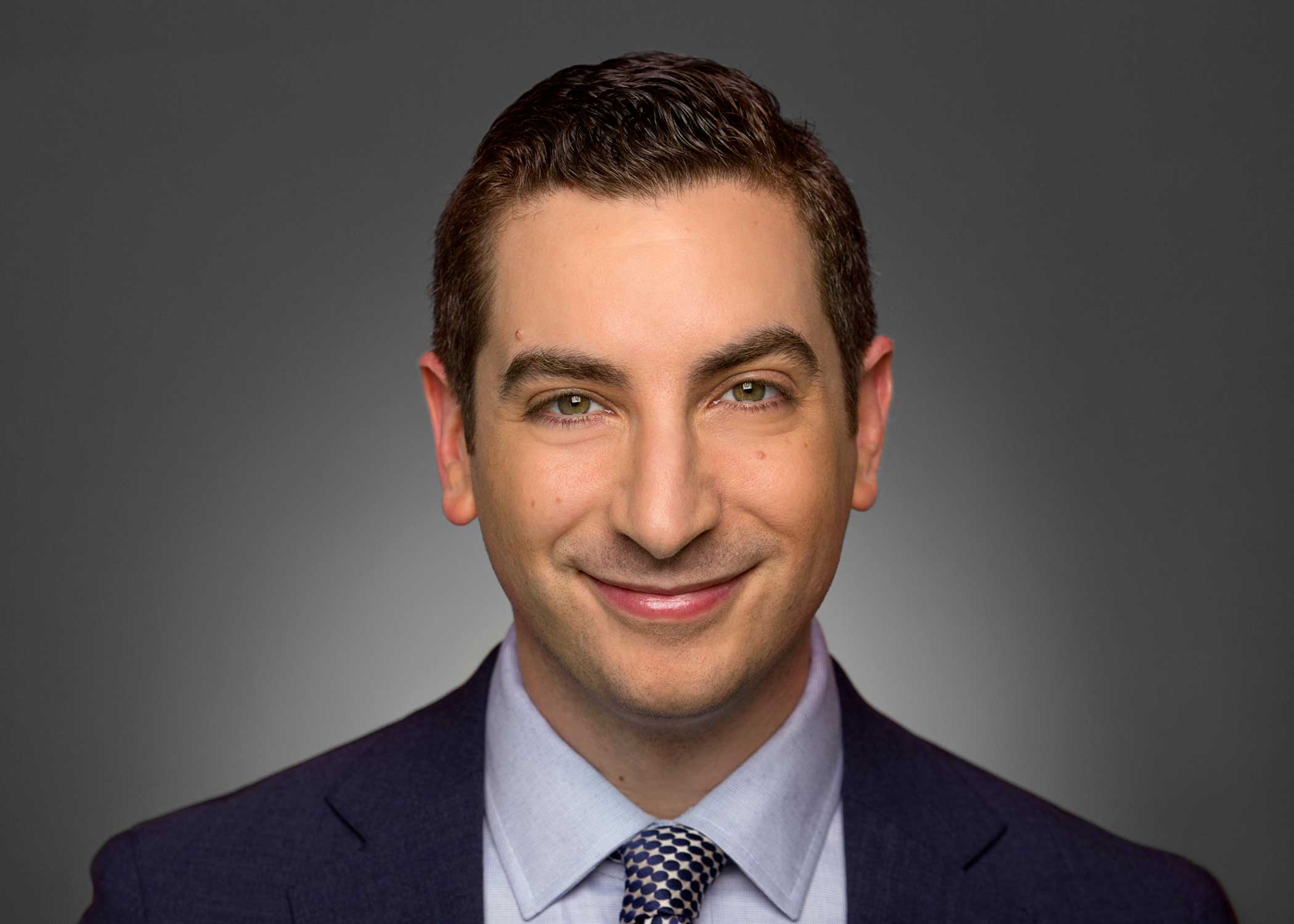Hadestown’s Journey Way Down to Court: Race-Based Casting’s Intersection with Employment Discrimination Laws
By Ethan Krasnoo
Ensemblist Kimberly Moore has taken Hadestown from Broadway to lower Manhattan, having filed last month a lawsuit in federal court against the Broadway producers of the Tony Award-winning show. In the lawsuit, Moore alleges race discrimination and retaliation under federal and New York law. According to the complaint, Hadestown, a self-proclaimed “beacon of diversity,” merely put on a “false front for racially discriminatory casting practices.” Moore, who is African-American, performed as Worker #1 in the play’s Workers Chorus and claims that the production’s management, including David Neumann, a choreographer and supervisor for the production, sought to avoid having an all-Black chorus. Moore lodged HR and union complaints of discrimination and a hostile work environment against the producers based on this anti-Black sentiment, and alleges that she was fired and replaced with a white actor in retaliation.
In response to Moore’s complaint, production representatives for Hadestown released a statement stating that “Out of respect for members of our company, we don’t get into specific reasons around casting decisions.”
My last article analyzed a bill signed into law by Mayor Eric Adams on May 26, 2023, that prohibits in New York City discrimination on the basis of someone’s actual or perceived height and weight in employment, housing, and access to public accommodation. As applicable to theatrical casting, I discussed therein how the process of casting, by nature, is often subjective and depends heavily on a director’s and writer’s vision for a role, which could make it challenging to establish grounds for exclusionary or discriminatory practices if an individual feels unfairly treated.
To the extent that Moore’s allegations with respect to the race-based casting decisions have merit, the producers of the show may seek to invoke the bona fide occupational qualification (“BFOQ”) exception to employment discrimination as a defense. In doing so, they would allege that their race-based casting decisions were essential to the artistic integrity of the show. Similarly, as discussed in my prior article, in 2016, when Broadway’s Hamilton faced accusations of discrimination when it specifically sought “nonwhite” performers in a casting call, the show’s producer cited the BFOQ exception legal theory in arguing that the casting desired was defensible from laws protecting against discrimination based on race because it was intended to comply with the artistic vision of the show and rectify historic underrepresentation on Broadway.
Here, the court may have to grapple with the BFOQ exception or equivalent exceptions and whether the law warrants such application as a defense in the circumstances at play in Hadestown. In connection with that show, as alleged, management was not focused on casting a particular role or certain roles from a particular race or races, but rather sought to avoid too many or all members of the cast, or a subset of the cast, from being of a particular racial makeup. Historically, the BFOQ exception has been interpreted quite narrowly and the application to Hadestown could be viewed as excessively broad. Further, the producers would need to grapple with the explicit BFOQ limitations under the law. For example, although Title VII of the Civil Rights Act of 1964, one of the laws under which Moore has alleged discrimination, incorporates the BFOQ exception as a defense to discrimination, on the face of the law the exception appears limited to religion, sex and national origin. Race is categorically excluded. Should the litigation continue without settlement through motion practice and/or trial, and a race-based bona fide occupational qualification defense be mounted by the producers, the application and limits of the exception in entertainment could well be tested.
 This article is intended as a general discussion of these issues only and is not to be considered legal advice or relied upon. For more information, please contact RPJ Partner Ethan Krasnoo who counsels clients in areas of complex commercial litigation, arbitration, mediation and dispute resolution, and employment, intellectual property, and entertainment and media. Mr. Krasnoo is admitted to practice law in New York, the United States District Courts for the Southern and Eastern Districts of New York, the United States Court of Appeals for the Second Circuit and United States Tax Court.
This article is intended as a general discussion of these issues only and is not to be considered legal advice or relied upon. For more information, please contact RPJ Partner Ethan Krasnoo who counsels clients in areas of complex commercial litigation, arbitration, mediation and dispute resolution, and employment, intellectual property, and entertainment and media. Mr. Krasnoo is admitted to practice law in New York, the United States District Courts for the Southern and Eastern Districts of New York, the United States Court of Appeals for the Second Circuit and United States Tax Court.
